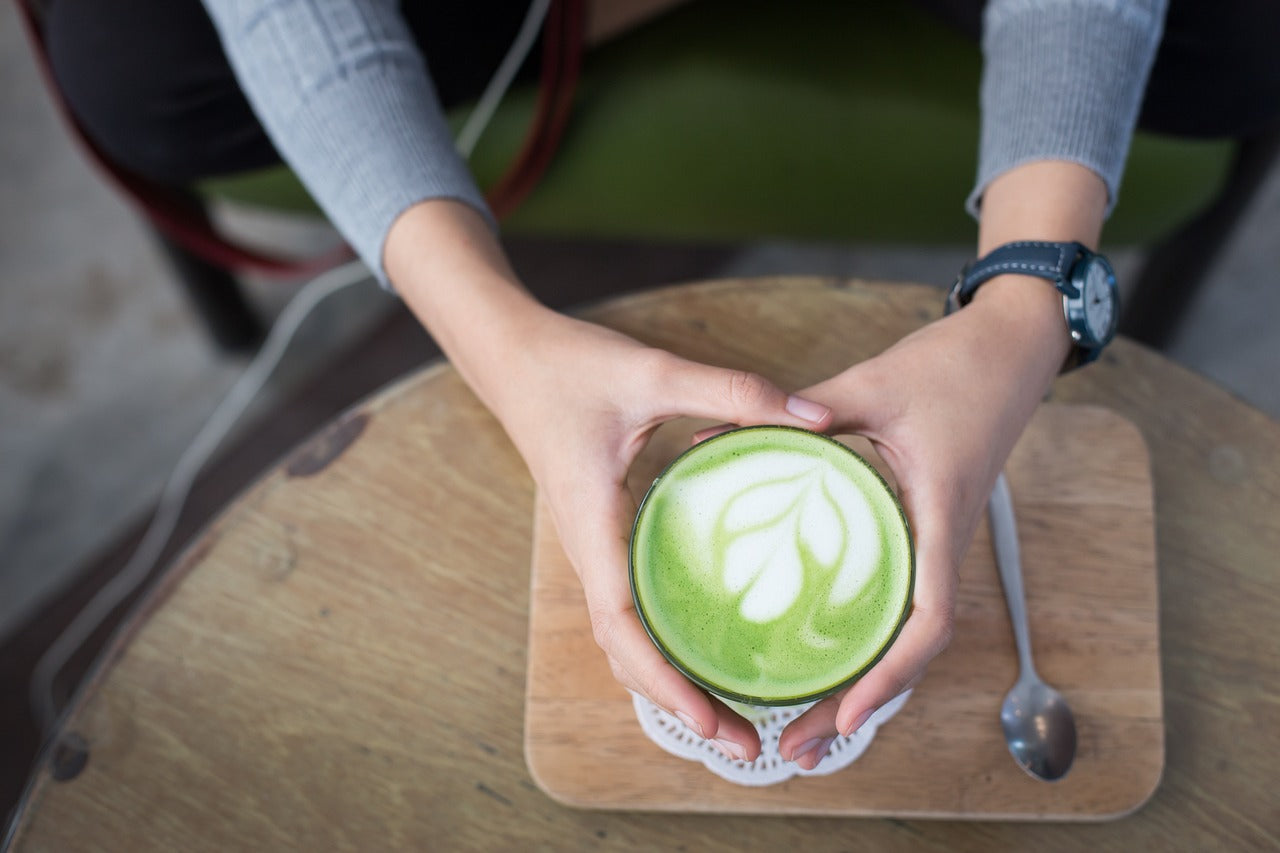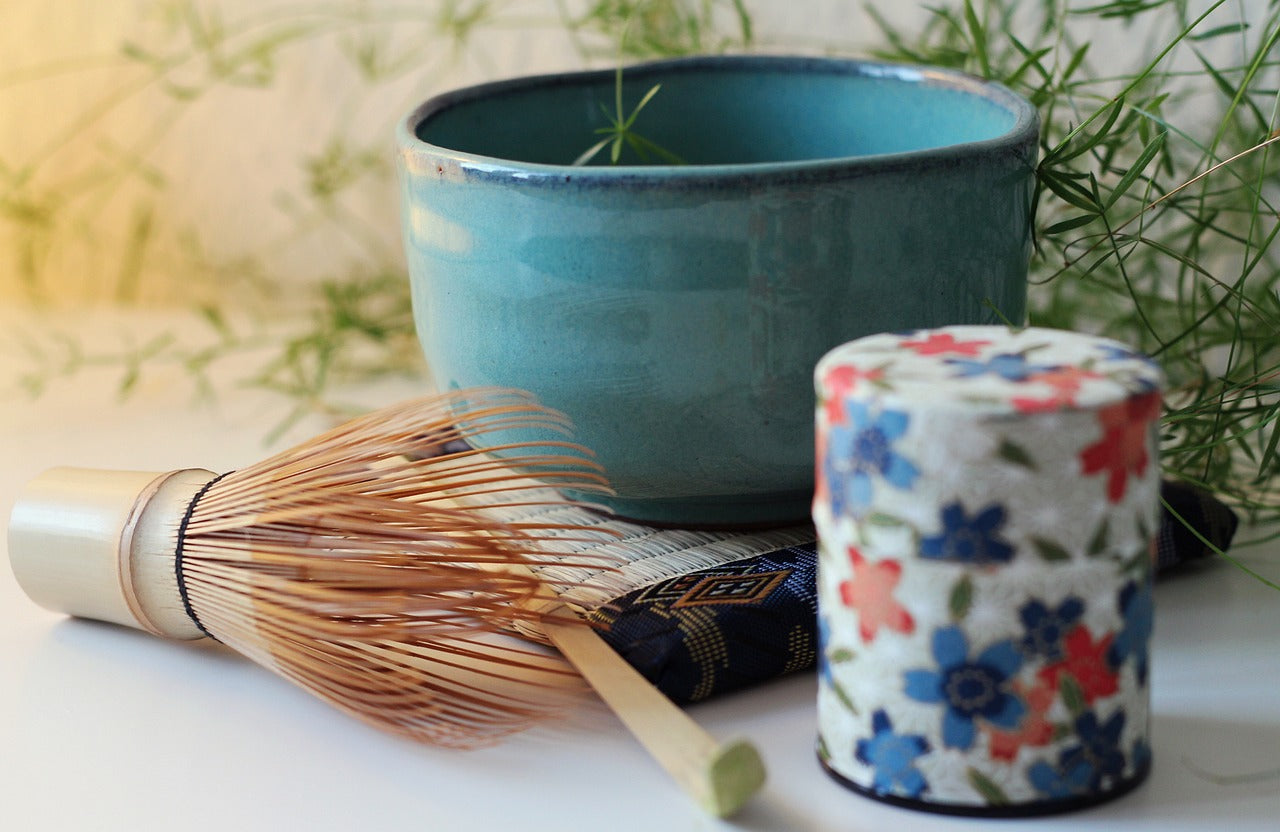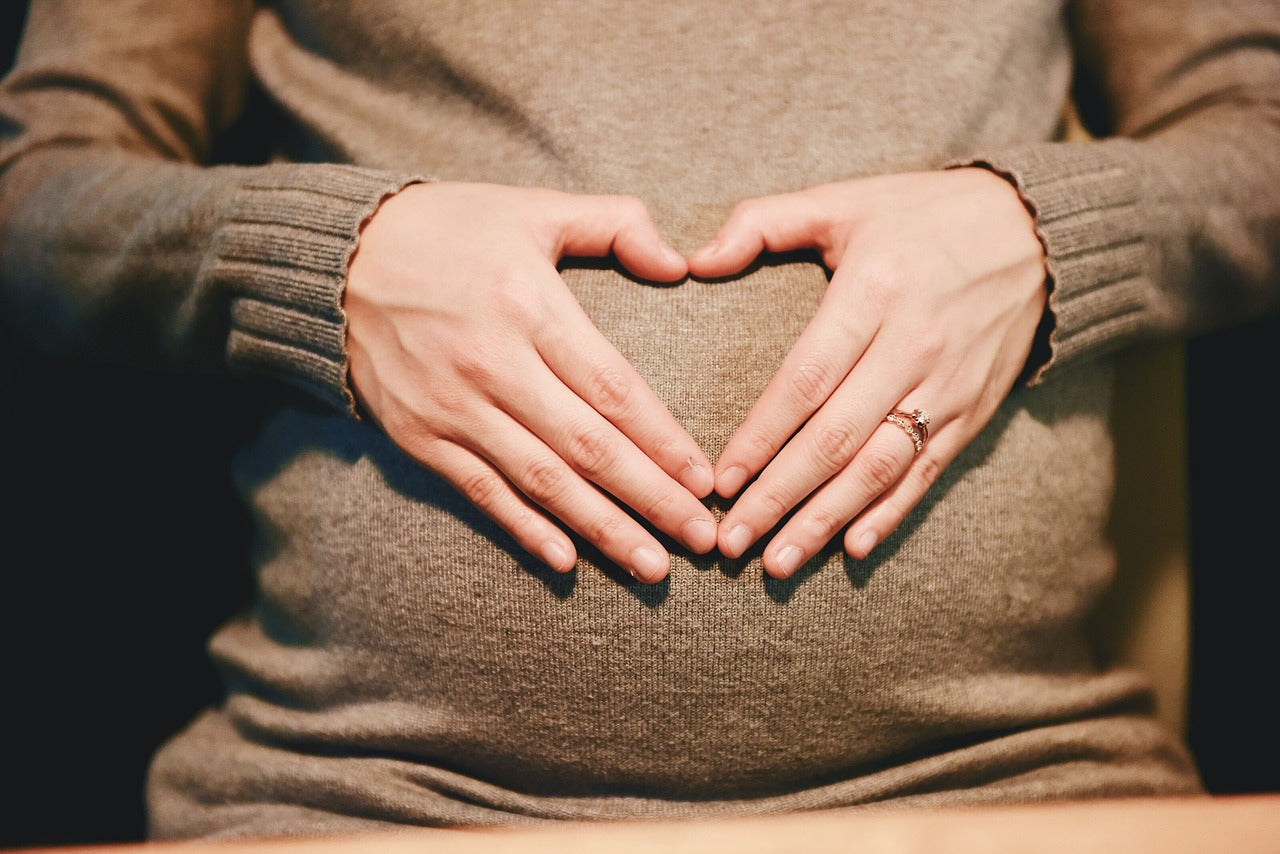Matcha is well-known for its vibrant green color, rich umami flavor, and calming effects. But for those mindful of their caffeine intake, a common question arises: how much caffeine is in matcha? In this guide, we’ll break down the numbers, compare matcha to other caffeinated drinks, and explain how its unique components make it a different experience from coffee or black tea.
What Is Matcha and How Is It Consumed?

Matcha is a type of powdered green tea made from shade-grown tea leaves called tencha. These leaves are stone-ground into a fine powder, and unlike other teas, you consume the whole leaf. This means that you ingest all the nutrients—including caffeine—rather than steeping and discarding the leaves.
Matcha is typically enjoyed in:
- Traditional Japanese tea ceremonies (as usucha or koicha)
- Matcha lattes (combined with milk or plant-based alternatives)
- Smoothies, baked goods, and culinary recipes
So, How Much Caffeine Is in Matcha?

On average:
1 gram of matcha powder contains about 30–35 mg of caffeine
A typical serving (1 teaspoon or 2 grams) has 60–70 mg of caffeine
This is less than coffee but more than most steeped teas.
| Beverage | Approx. Caffeine per Serving |
|---|---|
| Matcha (2g) | 60–70 mg |
| Brewed Coffee (8 oz) | 90–120 mg |
| Espresso (1 oz) | 63 mg |
| Sencha Green Tea (8 oz) | 20–30 mg |
| Black Tea (8 oz) | 40–60 mg |
| Hojicha (8 oz) | 7–10 mg |
Matcha vs Coffee: What’s the Real Difference?

While both matcha and coffee contain caffeine, the experience they deliver is notably different—not just in taste, but in how your body and mind respond.
☕ Caffeine Absorption and Energy Curve
-
Coffee delivers a quick, sharp spike in energy. This is due to how caffeine is rapidly absorbed into the bloodstream.
-
Matcha, thanks to the presence of L-theanine, provides a slower release of caffeine, leading to sustained alertness without the jitters or crash.
| Feature | Matcha | Coffee |
|---|---|---|
| Caffeine spike | Slow and stable | Fast and sharp |
| Energy duration | 4–6 hours | 2–3 hours |
| Crash | Rare | Common |
| Jitters | Minimal | Possible |
| Mental state | Calm focus | Alertness, sometimes anxiety |
🧠 Focus and Mental Clarity
Matcha is rich in L-theanine, an amino acid that crosses the blood-brain barrier and:
- Promotes alpha brain wave activity, associated with meditative states.
- Improves cognitive performance when combined with caffeine (documented in multiple studies).
Coffee lacks L-theanine, which means its stimulant effect can feel more aggressive or restless, particularly for those sensitive to caffeine.
❤️ Long-Term Health Benefits
While moderate coffee consumption has been linked to certain health benefits (like reduced risk of Parkinson's and liver disease), matcha offers unique long-term advantages:
- Rich in EGCG, a powerful antioxidant not present in coffee.
- Supports detoxification due to high chlorophyll content.
- Alkalizing effect (vs. coffee’s acid-forming nature), which can be gentler on the stomach.
- Anti-inflammatory and anti-aging properties due to its polyphenol content.
🥛 Versatility and Culinary Use
Coffee is mostly a drink.Matcha can be both a drink and an ingredient:
- Used in lattes, smoothies, cakes, cookies, ice cream, salad dressings, and more.
- Its flavor profile—umami, grassy, slightly bitter—pairs especially well with milk, cream, citrus, or white chocolate.
If you want to know more Coffee VS Matcha, please also check this article.
Why Matcha Feels Different: The L-Theanine Effect

Despite its caffeine content, matcha provides a more stable and calm energy boost than coffee. Why?
L-theanine, an amino acid found in high amounts in matcha, works synergistically with caffeine. It promotes relaxation without drowsiness, balances the jittery effects of caffeine, and supports focus and mental clarity. This is why many people describe matcha as providing “calm alertness”.
Caffeine Sensitivity: Should You Be Careful?
If you are sensitive to caffeine:
- Start with a smaller serving (1 gram) of matcha. (Normal serving is 2g)
- Avoid drinking it on an empty stomach.
- Try matcha earlier in the day to avoid sleep disruption.
For most people, matcha is a balanced and healthful source of caffeine, particularly when compared to energy drinks or sugary coffee beverages.
Conclusion
Matcha offers a moderate amount of caffeine—enough to keep you energized but not overwhelmed. Thanks to L-theanine and its unique composition, it’s a favorite among those seeking clarity, calm, and focus in their daily routine.
References
- USDA FoodData Central. Matcha Tea Caffeine
- Kimura K, Ozeki M, Juneja LR, Ohira H. "L-Theanine reduces psychological and physiological stress responses." Biol Psychol. 2007.
- Cheng KW et al. "Antioxidant and stimulant activities of green tea polyphenols." J Agric Food Chem. 2006.
- Tea Association of the USA - Caffeine Comparison Chart
- Scientific review on L-Theanine & caffeine synergy: PubMed Study



